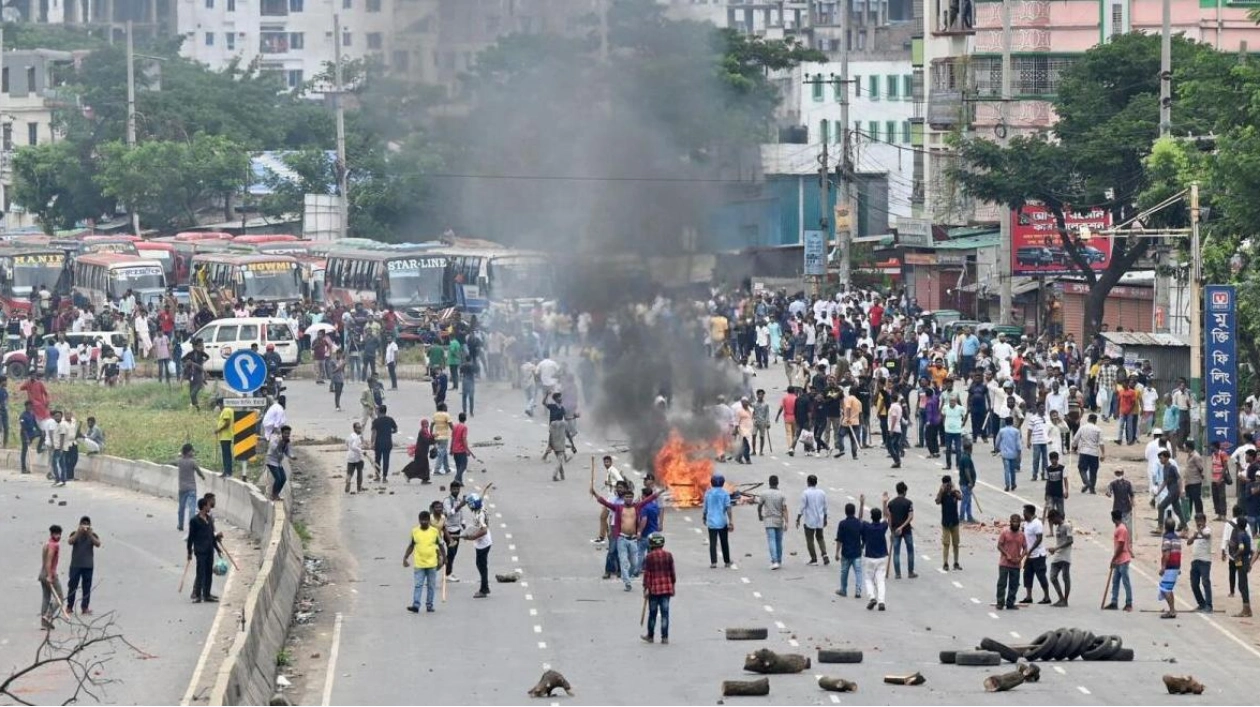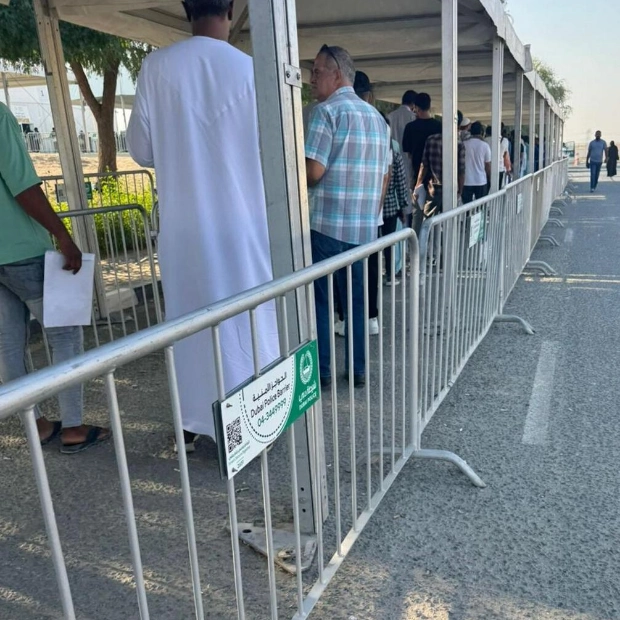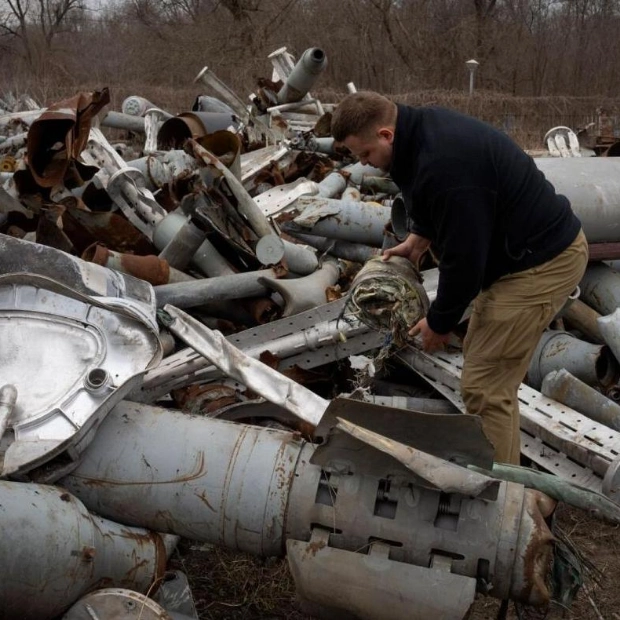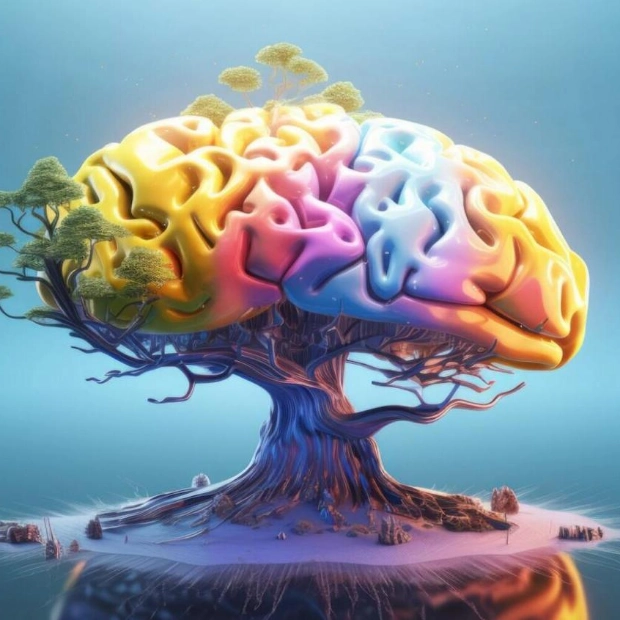The son of Bangladesh's deposed autocratic leader expressed gratitude to New Delhi for ensuring his mother's safety, accusing the interim authorities of permitting 'mob rule' and forewarning potential chaos if immediate elections are not held. Sheikh Hasina, aged 76, resigned as prime minister following a student-led revolt and escaped via helicopter to India, a long-standing ally. Her administration faced allegations of severe human rights violations, including the extrajudicial execution of thousands of political adversaries during her 15-year rule. The military confirmed her resignation and subsequently acquiesced to student demands for Nobel laureate Muhammad Yunus, 84, to head a transitional government tasked with restoring order and implementing democratic reforms.
However, Sheikh Hasina's son and ex-government advisor, Sajeeb Wazed Joy, 53, based in the US, condemned the interim government as 'utterly powerless' and consisting of 'puppet figures'. 'Currently in Bangladesh, there is mob rule,' he stated in an interview with AFP from Washington. He cited the removal of key officials, such as the chief justice, central bank governor, and police chief, in response to protestors' demands. 'If the mob demands a change in the interim government tomorrow, they will have to comply,' he predicted. Yunus has advocated for elections 'within a few months', but Wazed cautioned against delays, emphasizing the necessity for timely elections to restore a legitimate government with public support and genuine authority, lest the situation deteriorate into chaos.
Hasina secured victory in the January elections, albeit after a controversial poll that was criticized as neither free nor fair and was boycotted by genuine opponents following a crackdown that saw thousands of opposition members detained. Since her departure, members of her vast Awami League have gone into hiding, facing retaliatory attacks and the burning of party offices. Wazed asserted the party's crucial role in Bangladesh's political landscape, stating, 'We have tens of millions of followers; they're not going anywhere. Establishing democracy in Bangladesh without the Awami League is impossible. It will never be accepted by at least half of the country.'
Former opposition groups, such as the Bangladesh Nationalist Party (BNP), are regrouping after years of suppression, with the BNP recently organizing a peaceful mass rally in Dhaka. 'It's going to be a contest between the BNP and the Awami League. We need to collaborate,' Wazed remarked. He attempted to shift responsibility for his mother's removal from power, acknowledging mistakes but attributing them to lower-level officials or the chain of command, lamenting the blame placed on his mother as 'unfortunate'. He acknowledged excessive force by some police but also noted attacks on police, including fatalities, and escalating violence from protesters, including the use of firearms and weapons. Over 450 people were killed in the unrest leading to Hasina's downfall, including 42 police officers, according to the national police chief. Wazed alleged unidentified foreign entities supported the protests, though he provided no evidence, suggesting only an intelligence agency could have facilitated the smuggling and supply of weapons to protesters.
The future actions of Sheikh Hasina remain uncertain. Wazed expressed his 'thanks to the government of Prime Minister Modi for saving her life and keeping her safe'. New Delhi perceived a shared threat in the groups Hasina had violently suppressed, including the BNP, as per analysts. Hasina has been residing in a secret safe house and has not made a public statement since arriving at a military airbase near New Delhi. It is unclear how long she will remain in India, but Wazed indicated there are currently no plans for her to relocate to a third country. 'My mother never intended to leave her country—her aspiration is to retire there,' he shared, noting daily conversations with her. 'This was meant to be her final term. At 76, she simply wishes to return home. Whether that will happen remains to be seen.'






